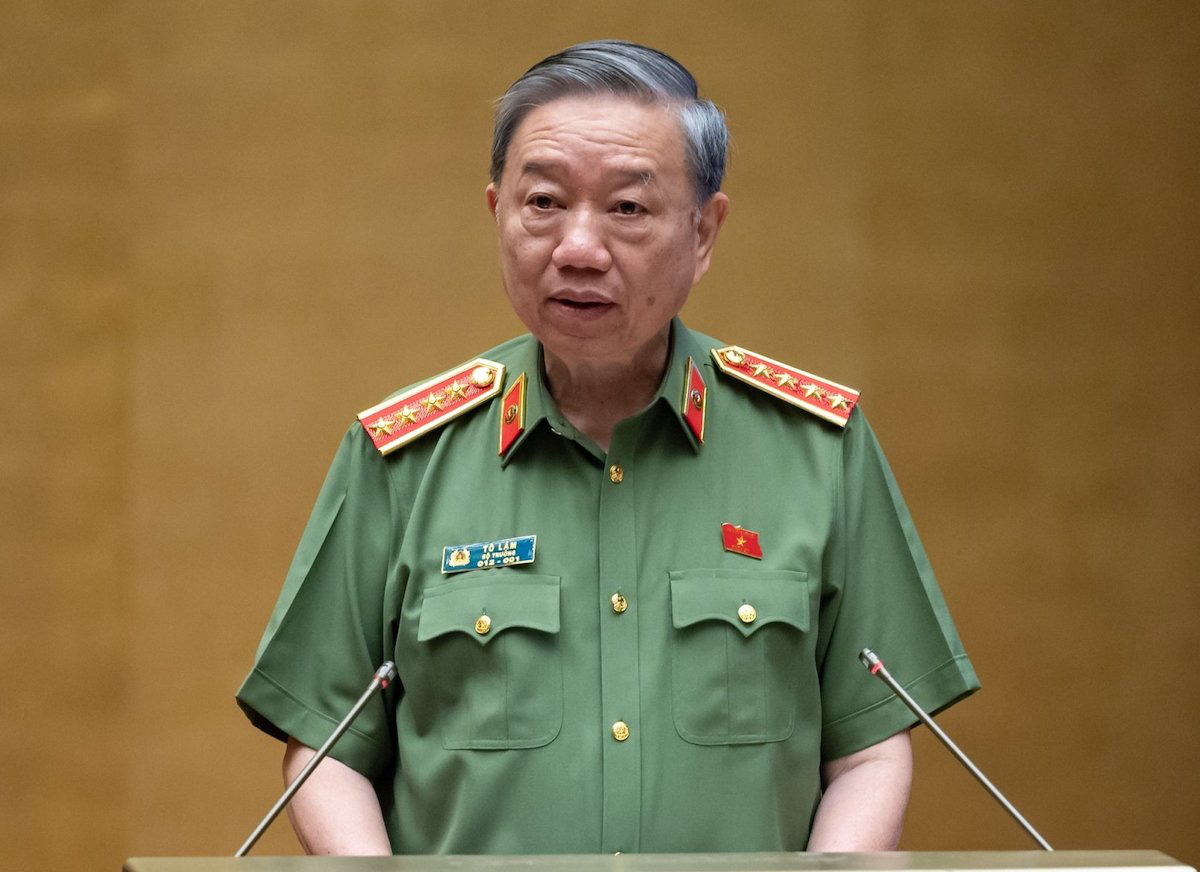The Vietnamese government has formally requested the National Assembly (NA), the legislative body responsible for creating laws, to grant approval for extending the validity of visitor e-visas for foreigners entering Vietnam from one month to three months.
General To Lam, Minister of Public Security, officially submitted the proposal for amendments to a number of articles in the Law on Foreigners’ Entry in, Exit from, Transit through, and Residence in Vietnam to the NA on Saturday, the sixth working day of its fifth plenary session.
Under the proposed amendments, Vietnam would extend the validity of e-visas granted to foreigners entering the country to three months from no more than 30 days for single entry or multiple entries.
Besides, the Southeast Asian country would grant e-visas to citizens from all countries and territories, expanding the eligibility beyond specific nations.
Furthermore, foreign visitors hailing from countries and regions eligible for Vietnam's unilateral visa waiver program would be able to enjoy an extended maximum stay of 45 days, surpassing the current limit of 15 days.
The drafted amendments also proposed increasing the validity of e-visas issued to foreigners to three months from one month in order to create favorable conditions for those who want to enter and stay in Vietnam for up to three months.
Foreigners who want to remain in the country for more than three months would get their requests processed as per the prevailing regulations.
The ministry also put forward prolonging the length of stay to 30 days from 15 days for foreign visitors from countries to which Vietnam offers a visa waiver.
The government would finalize the list of countries and territories whose citizens would be granted the e-visa, and the list of international border gates that allow entry and exit using e-visas without negatively affecting Vietnam’s national defense and public security.
According to the Ministry of Public Security, the e-visa validity extension to three months was suggested by multiple agencies in an attempt to enhance the competitiveness of Vietnam’s tourism and woo more international visitors as well as investors to the country.
Like us on Facebook or follow us on Twitter to get the latest news about Vietnam!





















































